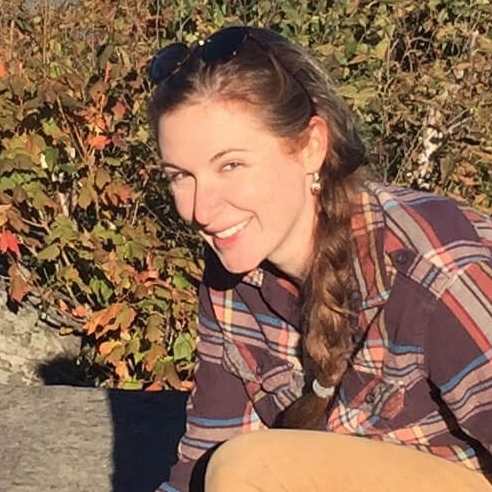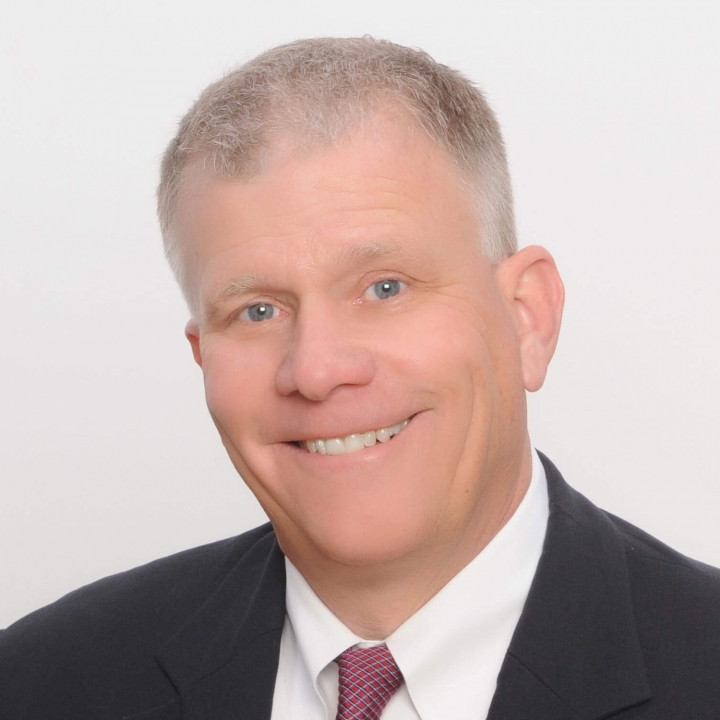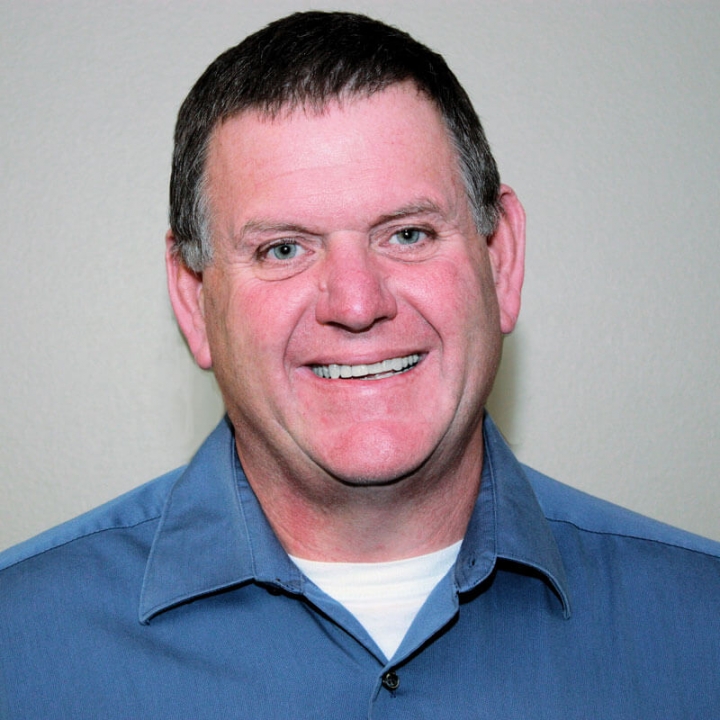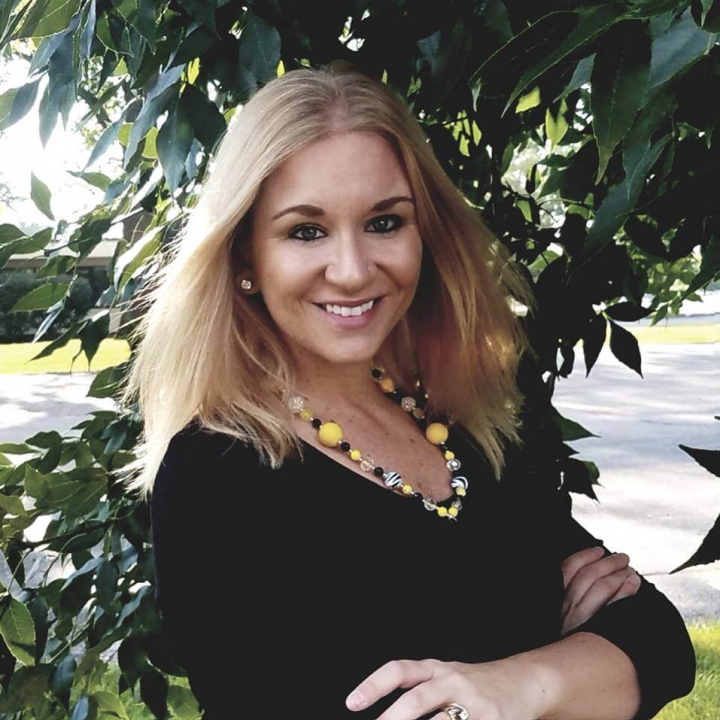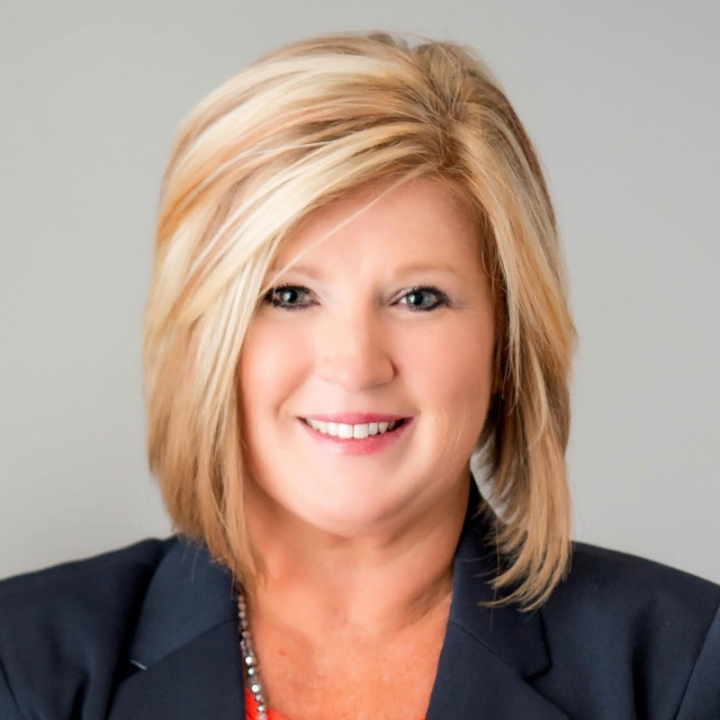Andrew Beeler, December 19, 1988 - March 5, 2019.
On Tuesday, March 5th, we lost our beloved Andy, IHRC’s Harm Reduction Services Coordinator.
Andy began doing harm reduction work as a teenager, volunteering remotely for harm reduction organizations across the country. Over 15 years, Andy saved dozens of lives from overdose, and taught hundreds to prevent HIV, hepatitis, and other infectious diseases transmittable through IV drug use. After spending two years incarcerated in the Rockwell City prison for repeated heroin possession charges, Andy became a vocal advocate for the restoration of felon voting rights. Andy was hired to lead IHRC’s hepatitis C programs in September 2018. A quick learner, he also managed IHRC’s office, provided case management to 25 clients, conducted street-based outreach, and coordinated Human Resources and information technology for the organization (including coding a software package for IHRC’s case management program). He provided naloxone and overdose prevention training at local methadone clinics and to IHRC’s participants.
Andy was deeply intelligent. For someone who barely passed high school, Andy’s intellect was more than remarkable. Everyone who knew him knew that, but in his work, national experts in science and medicine and drug policy recognized it as well. Last Wednesday, during a briefing of the full U.S. House of Representatives, a national drug policy expert spoke to Congress about the opioid crisis and about Andy’s impact and what it means to lose him. On Thursday, a former drug policy advisor to Obama called IHRC. An internationally respected physician and researcher, he had been writing a grant to fund Andy to work with him and publish a study on poly substance use in the U.S. He said the only problem he had run into was that he needed 12 more Andys to help with the study, but in his 30 year career had only met one. In the last year of his life, Andy had built an innovative program (one of only a few in the country) to help IV drug users cure their hepatitis C. He was desperate to get naloxone into all of the jails in Iowa so that it would be given to people upon release. And he was working on a plan to start a buyers club for hepatitis C meds, where he had found factories in other countries to buy the medicines from for cheap and could bring them back into the US to dispense to other drug users, just like people did for HIV in the 90s.
Andy was gentle and kind and he was committed to helping others. But he didn’t do it because he felt badly for people or felt guilty or thought that was what he should do. He wasn’t out here to save anybody. He did it because he so fiercely believed in people’s right to survive, be free, and be healthy. Sometimes his belief in doing what was right could frustrate him deeply. He was so impatient for justice and he had no time for incremental small steps. He did the work he did because he was naturally nurturing, a care taker of others. Some people would say that Andy acted in solidarity with other people, but really he just saw all drug users as an extension of himself, as bound together by common suffering under the oppression and trauma. When we began to tell the people that Andy worked with of his passing, the people whose lives he had saved, the clients who knew him as their friend and supporter of their health, they were… devastated. In addition to the people who had told me Andy saved their life, one woman told me that he had told her about his drug use when they met, and that that had made her feel deeply comfortable and put her at ease to share with him what she was going through. Another wrote that she had been living with hepatitis for over 10 years, but Andy’s ability to comfort and support her lead her to seek treatment for the first time.
When the harm reduction family loses one of our own to overdose, its hard to remember why our work matters. No matter how much naloxone that is distributed, how much better access to MAT gets, it won’t save every life. Even the lives of those drug users who are cautious, who test their drugs and have decades of experience in managing their use to prevent overdose. Andy’s death is a drug war casualty. His death is the consequence of a desire to be medicated with suboxone and a fear of returning to prison if he sought help. His death is the result of a poisoned drug supply, where products being sold as opiates contain fentanyl. His death is the result of pain and suffering (alleviated by opiates) that our health care and criminal justice systems had contributed to, rather than helped to find a salve for.


